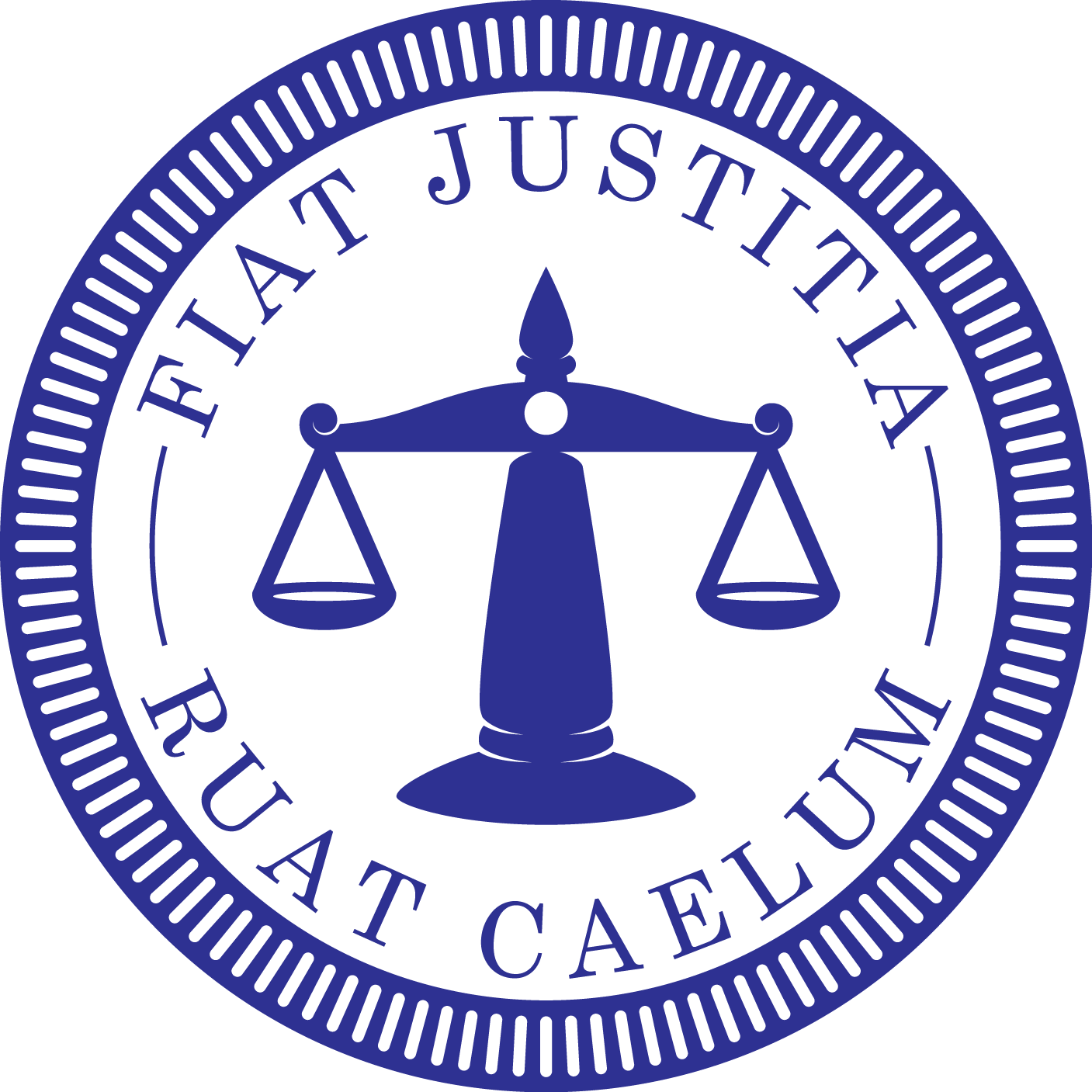“if it is under seal and it is the recipe for Coke, you have my permission to blurt it out”
We need more judges like this.
What began last week as a class certification hearing on one of five national, high-tech price-fixing cases pending in San Francisco became a big score for plaintiffs after the judge asked what evidence they had of a conspiracy, then read aloud an e-mail by competing executives that suggests how to keep prices high.
The suit combines at least 51 separate civil antitrust actions against Nvidia and Advanced Micro Devices/ATI Technologies (AMD) that allege price-fixing in the market for computer chips that control images, known as graphics processing units (GPUs).
It is one of five multidistrict cases, before five separate judges, assigned to San Francisco that assert price-fixing in various types of computer chips, flat panel screens and cathode ray tubes.After reading the incriminating e-mail during a July 1 hearing, U.S. District Judge William Alsup of the Northern District of California turned to a table of plaintiffs lawyers representing direct purchasers in the GPU multidistrict antitrust case saying, "This is not a bad document for you. It is not a home run but it is a base hit." To make matters worse for the defense, his comment came on the heels of a testy opening by Alsup with company lawyers. Alsup berated the defense lawyers for attempting to keep sealed throughout the public hearing material that they consider trade secrets.
"This court is not a wholly-owned subsidiary of your companies. I am against you hiding information from the public. If we get to summary judgment in this case nothing will be under seal," he said. (Emphasis added.)
Alsup told plaintiffs attorney William Isaacson, of Boies, Schiller & Flexner, that he didn't care "if it is under seal and it is the recipe for Coke, you have my permission to blurt it out." The class certification question has significant ramifications. If granted, the GPU multidistrict litigation, M07-1826WHA, would be only the second of the five multidistrict cases to achieve that status. Only the much earlier dynamic random access memory (DRAM) case has been certified as a class action.
Source: Law.com - Plaintiffs Score With E-Mail Evidence in Multidistrict Price-Fixing Case
That’s what’s great about mandatory arbitration – it allows corporations to shift their disputes to forums that pretty much are wholly-owned subsidiaries.

